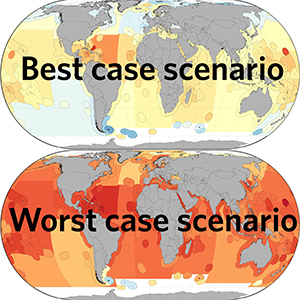
Tags: climate change, extinction, faculty, fisheries management, Gabriel Reygondeau, IOF postdoctoral fellows, Nereus Program, Research, sustainability, William Cheung
"We can save hundreds of fish stocks from becoming endangered species with sustainable fisheries and low greenhouse gas emissions.”
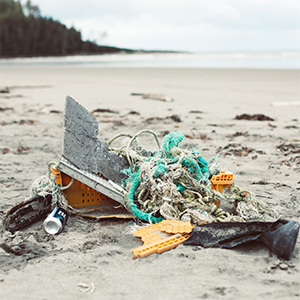
UBC researchers analysed data from 1,226 voluntary cleanups organized by the Great Canadian Shoreline Cleanup (GCSC).
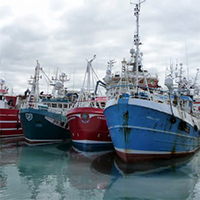
Tags: Daniel Pauly, Dirk Zeller, faculty, fish, fisheries management, industrial fishing, Research, Sea Around Us
Industrial fishing fleets have doubled the distance they travel, but catch only a third of what they did 65 years ago.
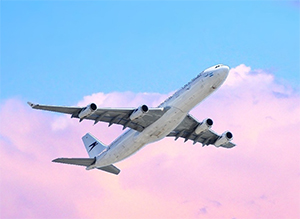
Vanessa Fladmark and Melanie Ang are the recipients of the IOF Student Society Travel Grant 2018 – Summer.
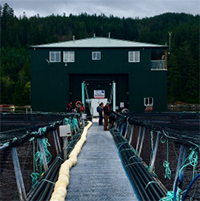
Students visited the Greig Salmon Farm and the BC Centre for Aquatic Health Sciences to better understand salmon farming.
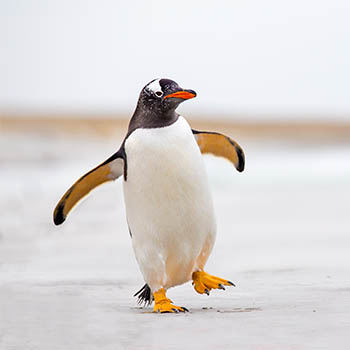
Tags: animal movement, faculty, fieldwork, IOF students, Marie Auger-Methe, penguins, Research, satellite data, SERG, tagging
Data sent from penguins to space and back to UBC could help researchers determine why the species’ breeding population fluctuates so dramatically.
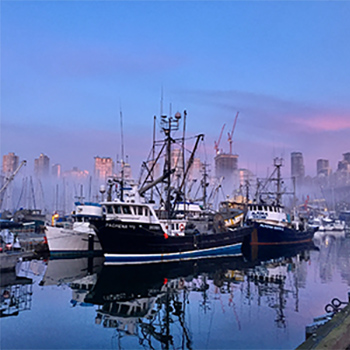
Tags: climate change, faculty, fisheries management, Gabriel Reygondeau, IOF postdoctoral fellows, Nereus Program, Research, species distribution, William Cheung
Researchers say out-of-date regulatory system hasn't kept up with the realities of global warming

Trites has been studying marine mammals (primarily Steller sea lions, harbour seals, northern fur seals, and killer whales), in the North Pacific for over 30 years.
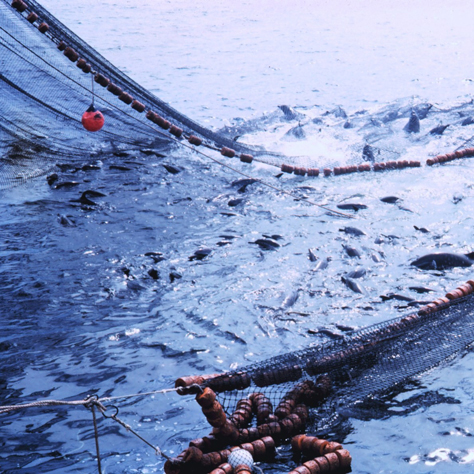
As much as 54% of the high seas fishing industry would be unprofitable at its current scale without large government subsidies.
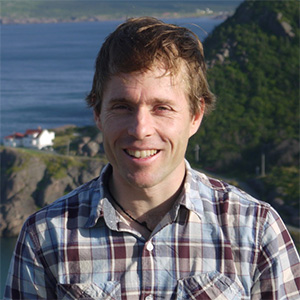
Tags: awards, conservation, faculty, Indigenous fisheries, IOF postdoctoral fellows, Nathan Bennett, OceanCanada, Rashid Sumaila
Bennett is a postdoctoral fellow with the OceanCanada partnership and won this award for advancing the role of social science on conservation policy